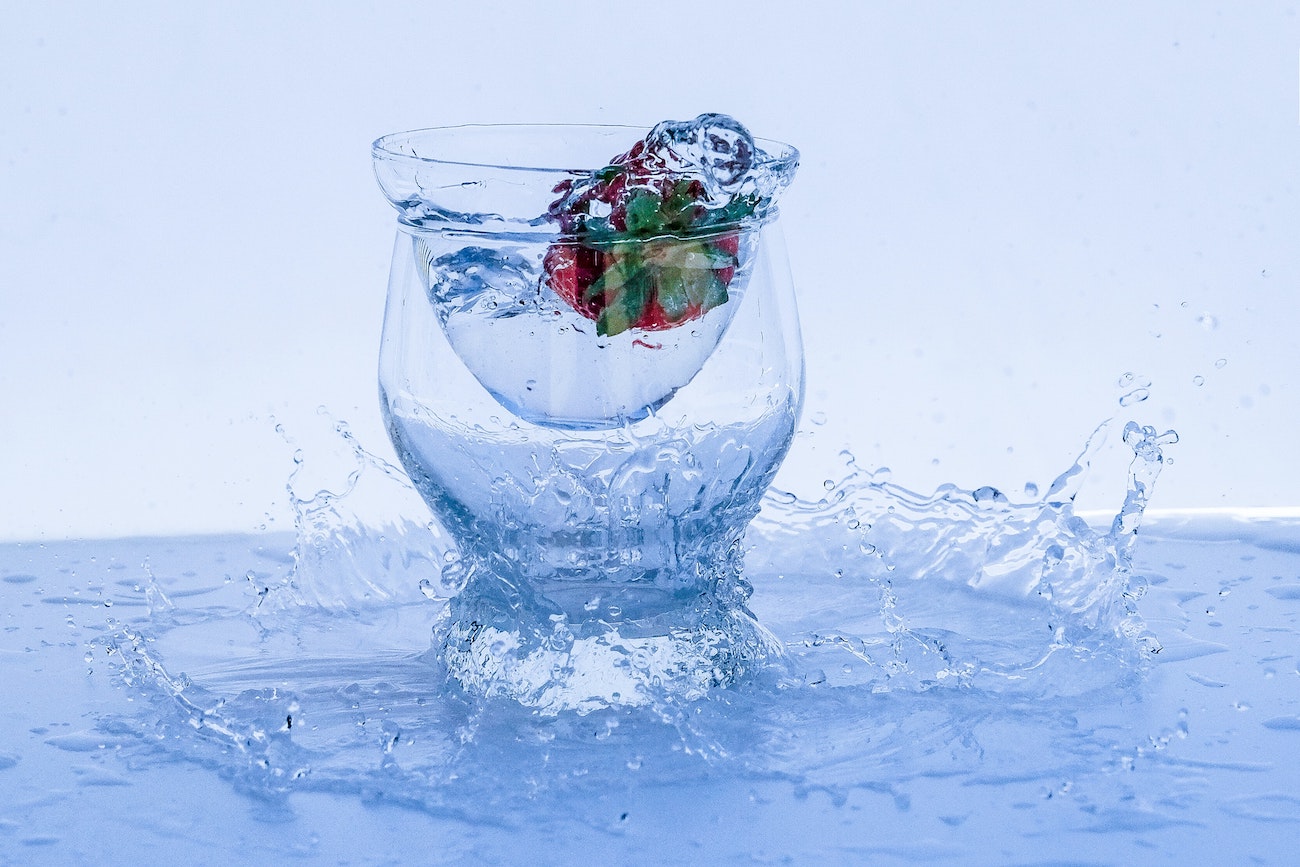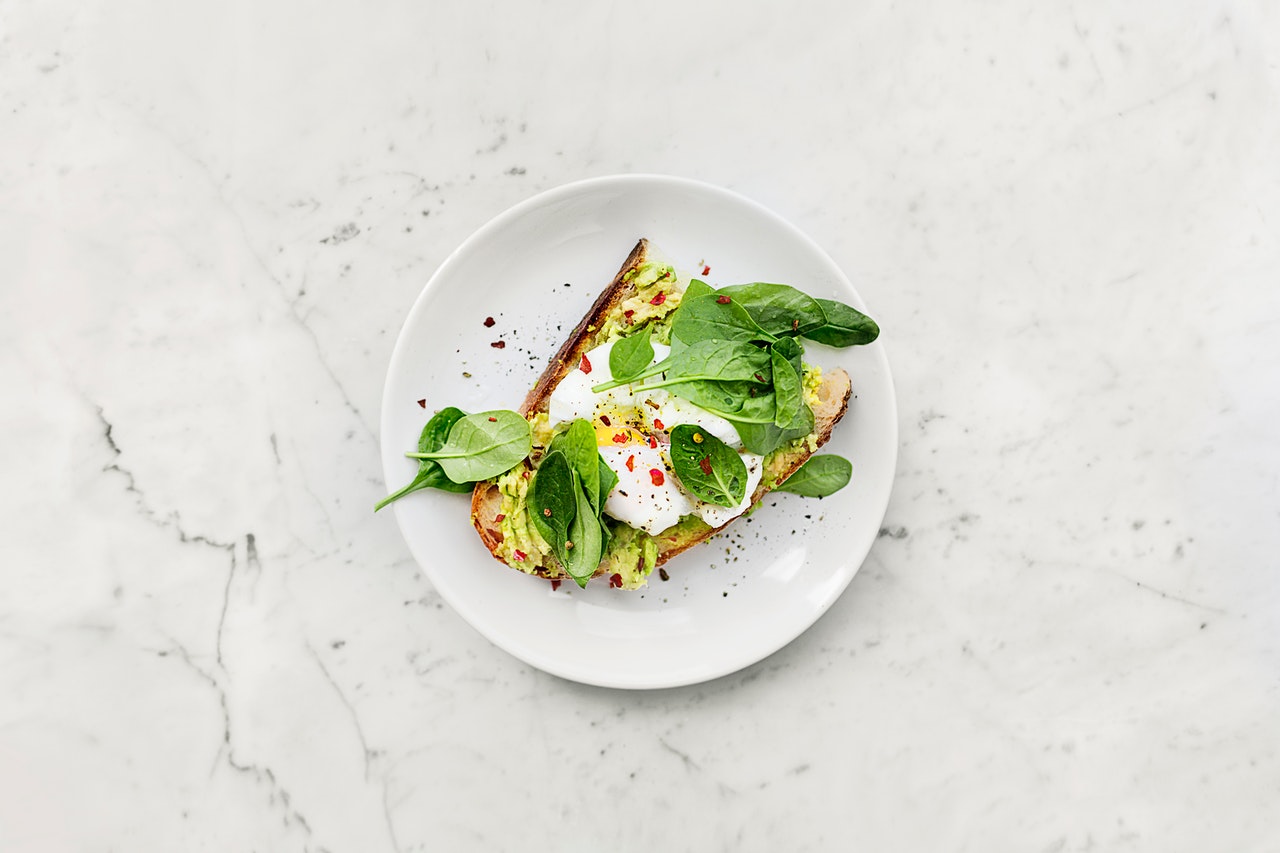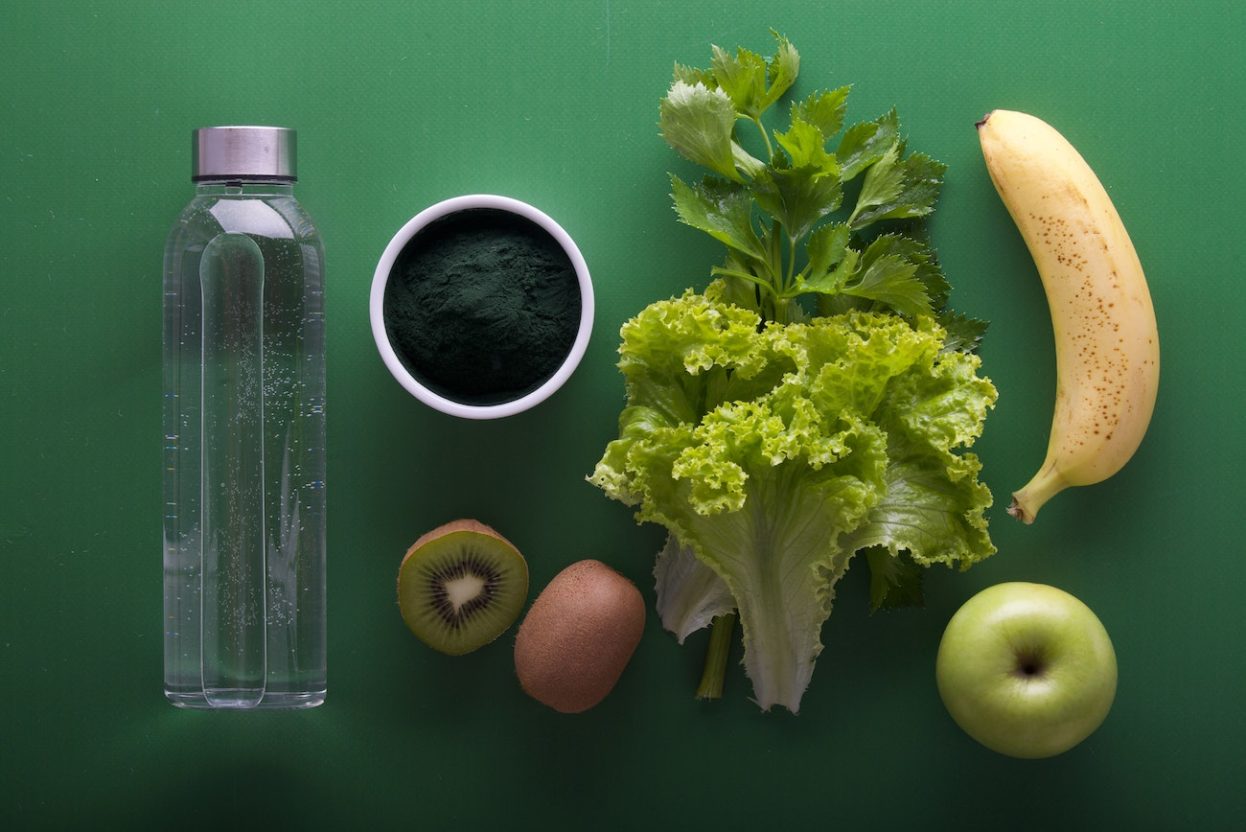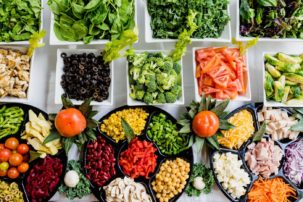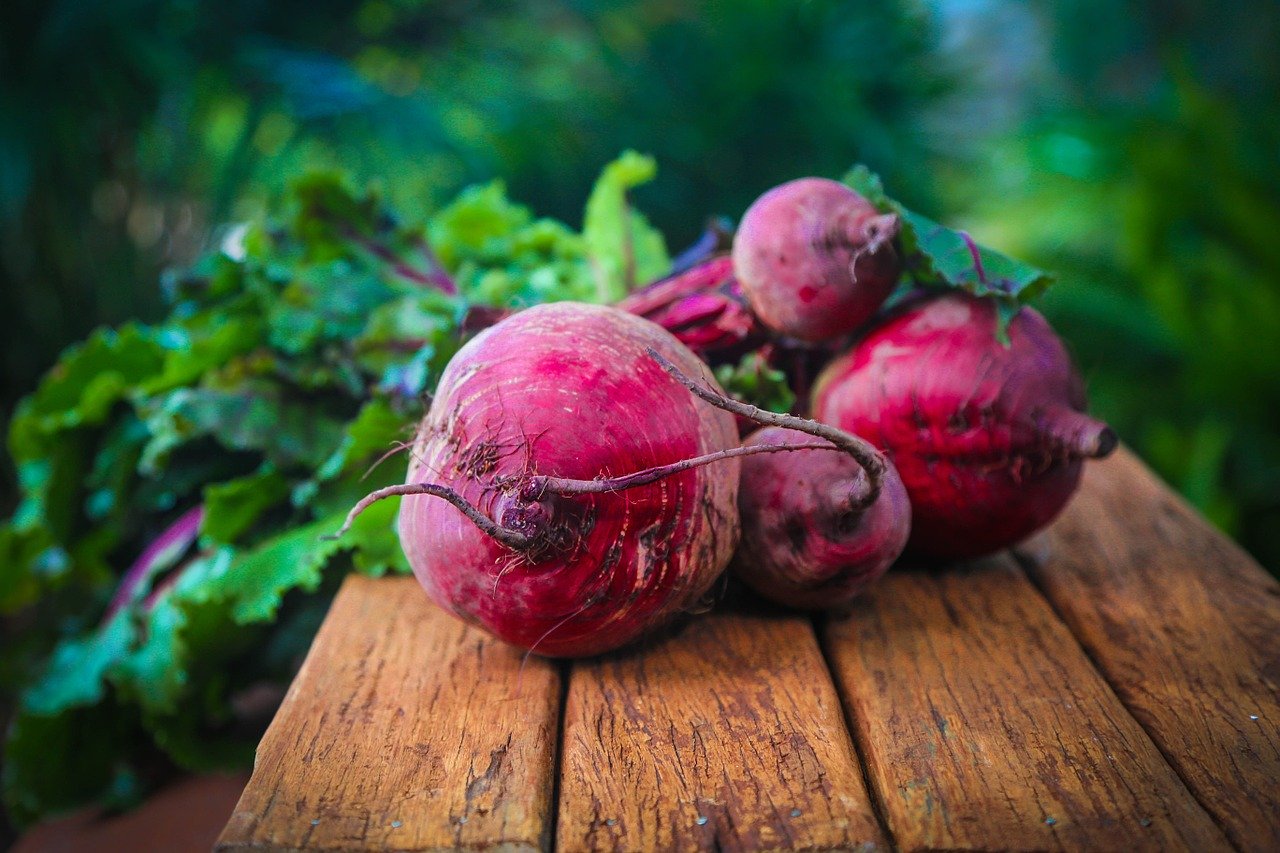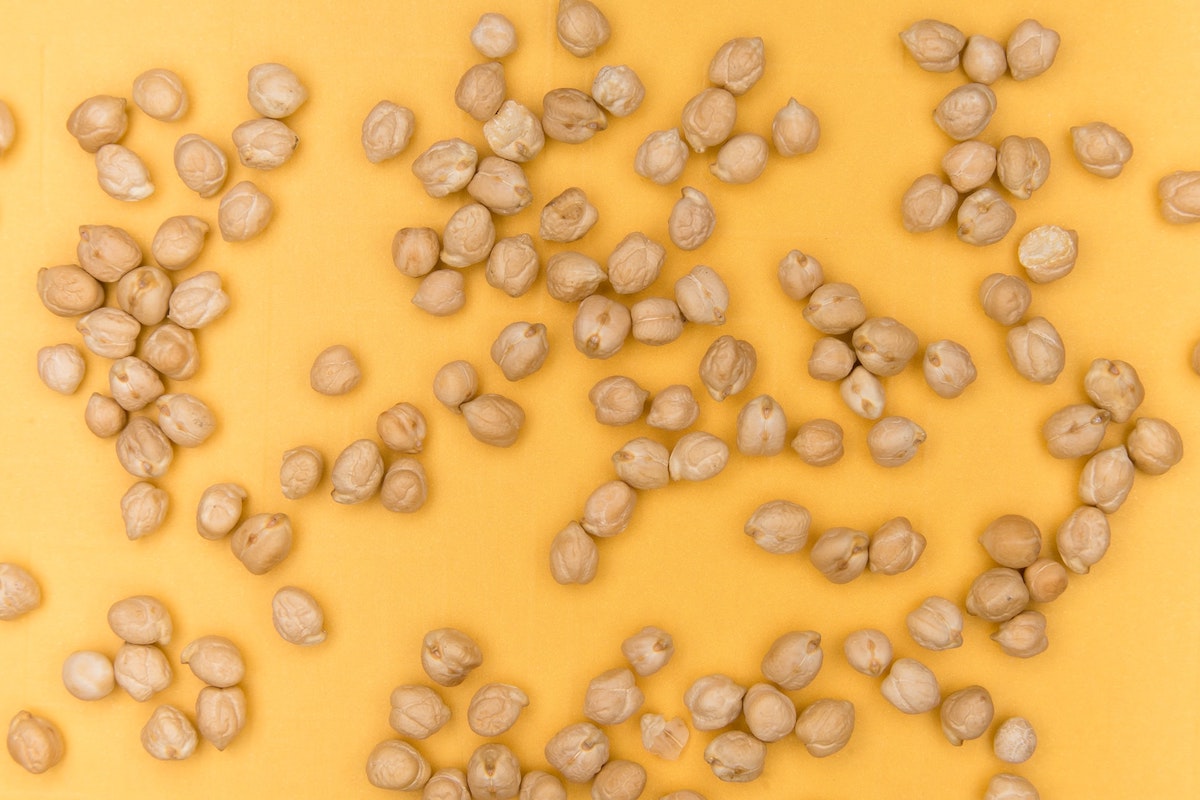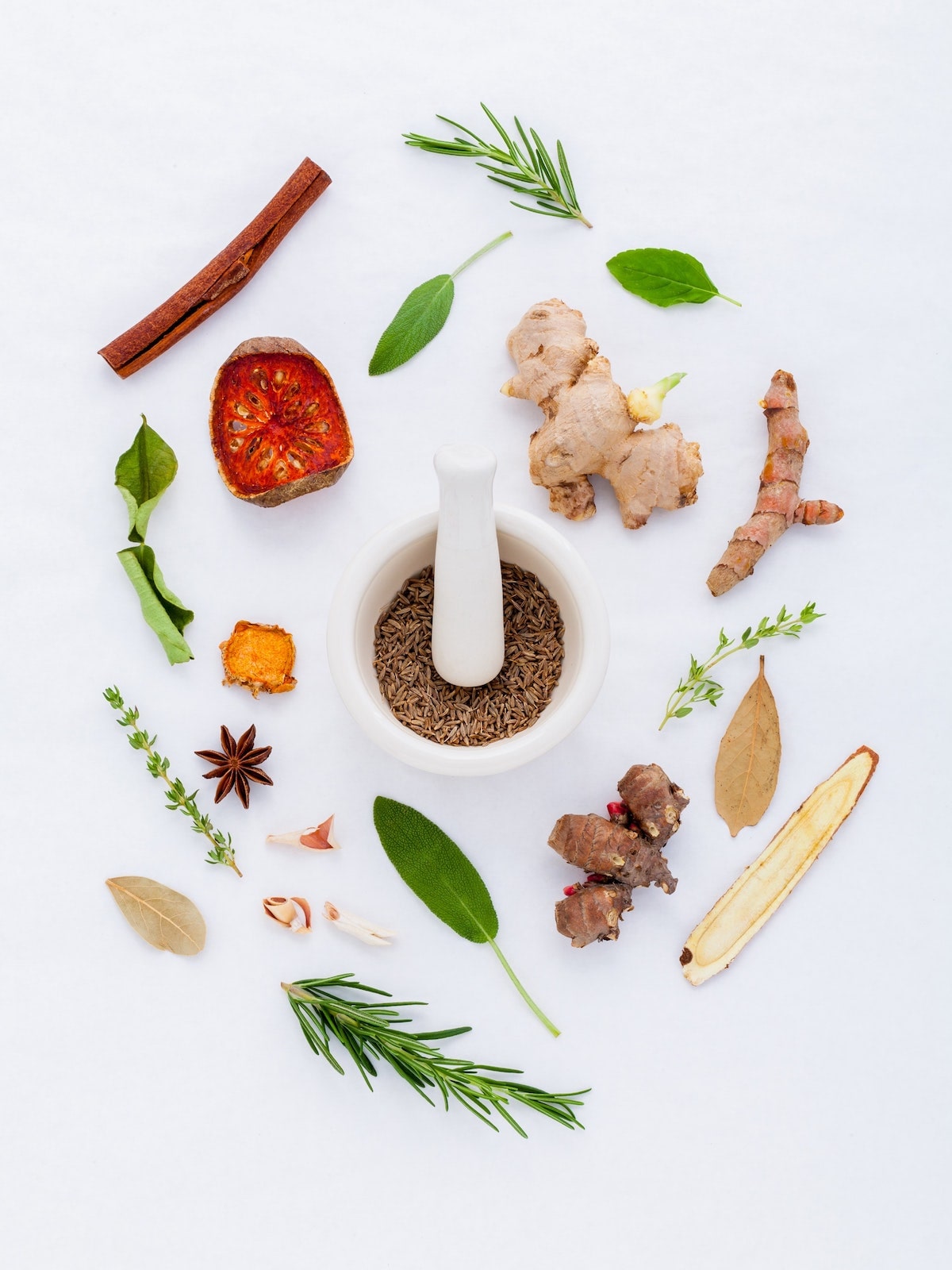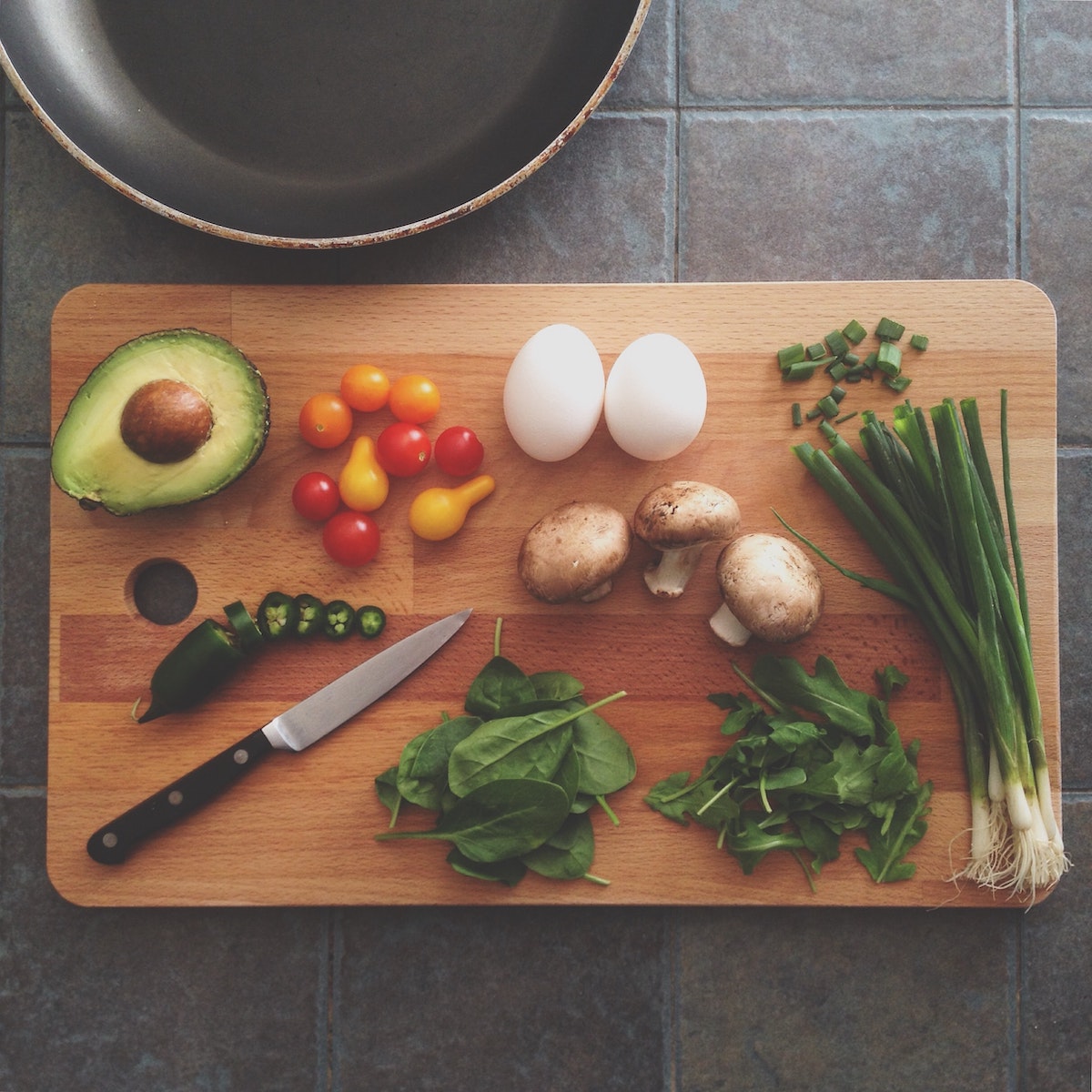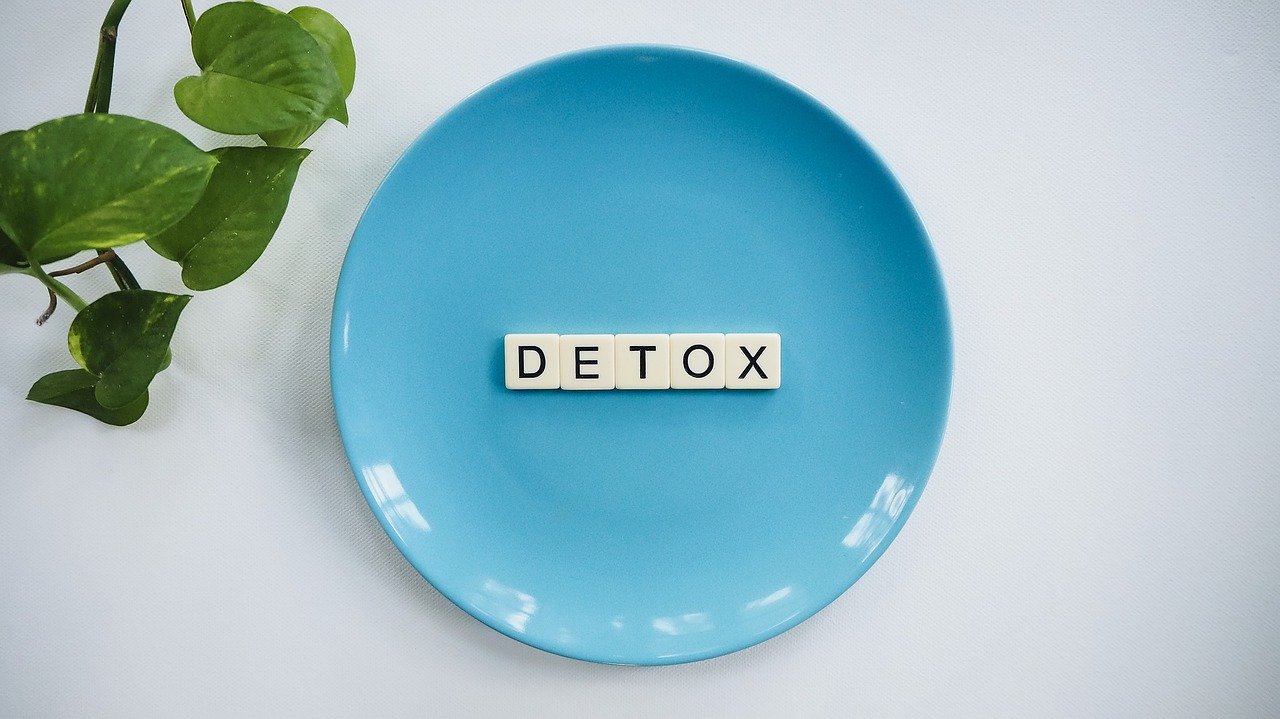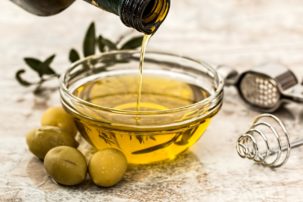Detoxifying your body daily will give your organs and microbiome the boost they need to work optimally every day. By turning our favourite daily detox tips into habits, your body will feel noticeably lighter, brighter and ready for anything.
1. Eat natural anti-inflammatory foods
If your body is inflamed – whether due to injury, stress or inflammatory health conditions – it could definitely benefit from a detox.
Incorporating more natural anti-inflammatory foods into your diet will help to reduce the inflammation levels in your body. Foods that fight inflammation include tomatoes, spinach, avocado, blueberries, almonds and turmeric.
Having studied the health benefits of turmeric, we understand the power that this golden spice contains. That’s why it’s the key ingredient in our Turmeric Blend, a health supplement specifically formulated with natural ingredients to reduce inflammation within the body.
2. Take prebiotic supplements for gut health
Digestion and detoxing go hand-in-hand. Giving your gut the tools it needs to efficiently digest and remove harmful toxins from the body means packing it full of prebiotics.
Prebiotics feed the probiotics in your gut, an abundance of which helps to maintain a healthy and balanced microbiome. Eating prebiotic-rich foods like chicory root and green bananas will help to keep your gut healthy, cleansed and ready to digest.
If you don’t have any prebiotic-rich foods on hand, taking prebiotic supplements regularly – like our Prebiotic Blend – will give you the nutrients your gut and body need to detox and thrive.
3. Give your body a liver cleanse
As the body’s filtration system, the liver has a huge job to do in separating out toxins from nutrients and removing them from the body. In order to detox every day, you need to eat foods that support detoxification and give your body a liver cleanse.
Beetroot is a powerful source of nutrients that help to cleanse your liver by speeding up the body’s waste excretion process. We use beetroot powder in our Dailly Detox blend to target liver function and improve the organ’s filtration rate.
4. Drink water
We need water to survive. By staying hydrated, our body has a much easier time performing its natural functions and processes.
Drinking water regularly aids digestion, promotes smooth joint movement, regulates body temperature and removes waste and harmful toxins from the body – which makes it quite the detoxifying drink!
5. Sweat it out
Sweating helps to remove heavy metals and harmful toxins from the body – a process aided by water, so make sure you’re drinking lots of it.
There are many different ways you can sweat the toxins out, so simply choose your favourite. Try doing some intensive exercise, taking a hot yoga class or relaxing in a sauna. The choice is yours!
Get your detox on
Detoxifying your body reaps a myriad of rewards. By detoxing every day, you will have more energy, improved digestion, easier movement and a more upbeat attitude. Sounds like a detoxifying dream come true!

